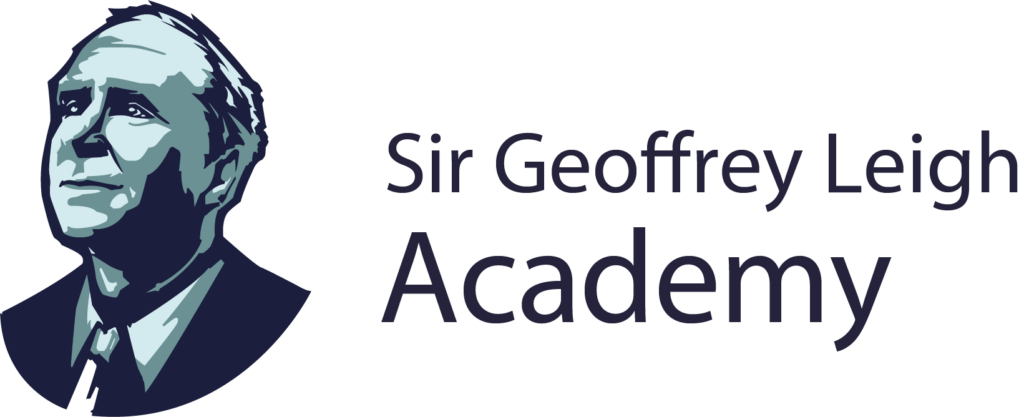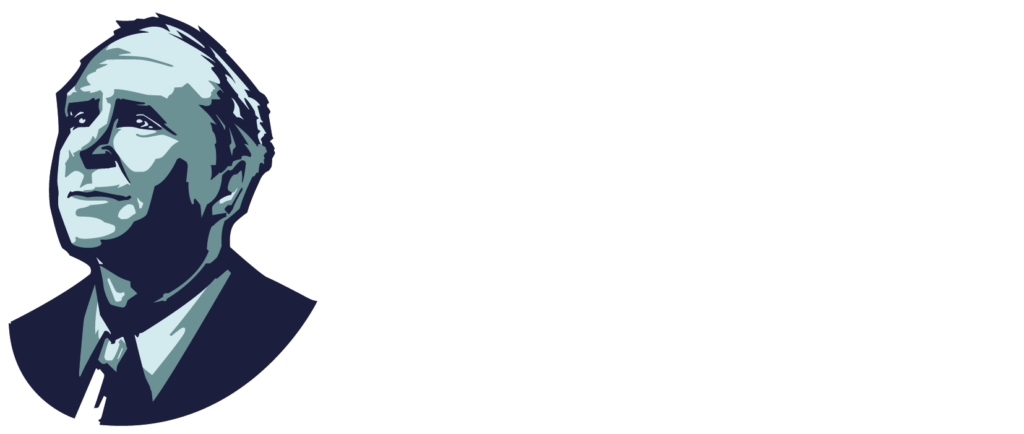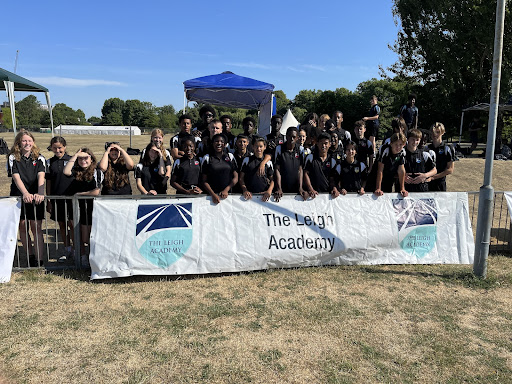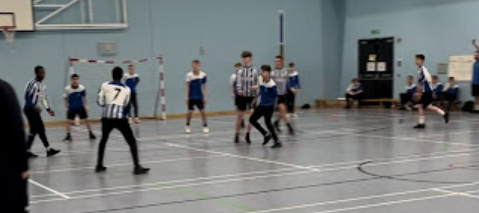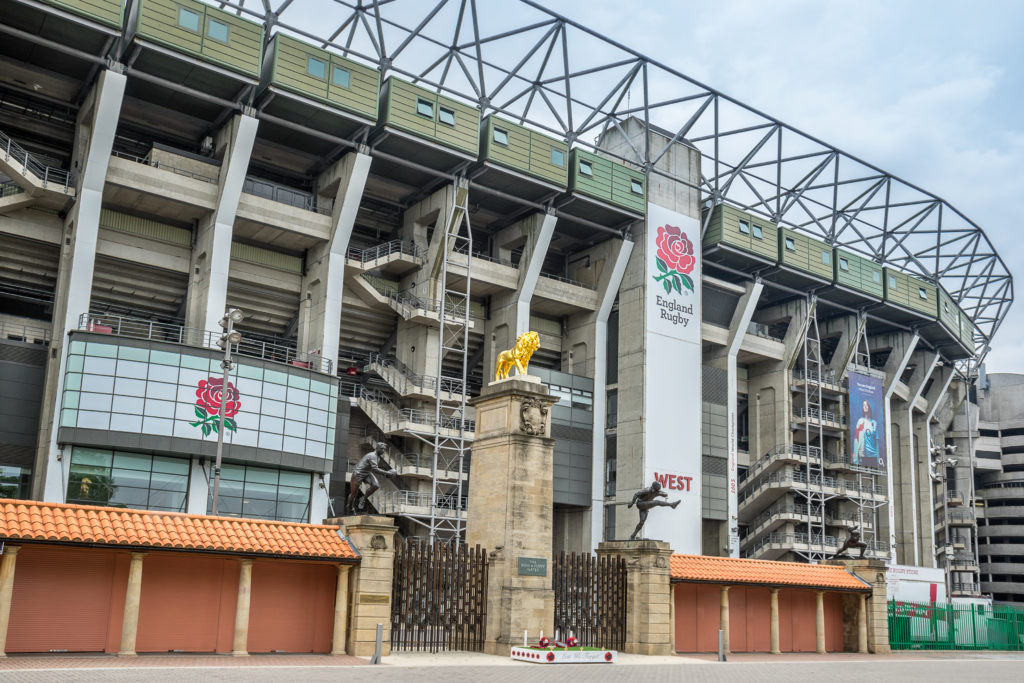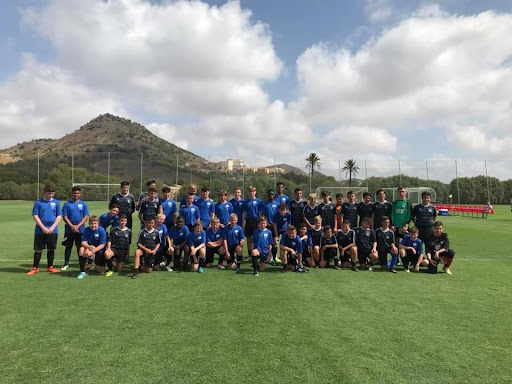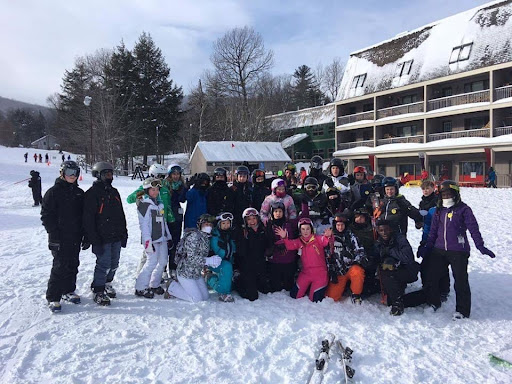Schedule of learning
- Module 1: Demonstrating personal improvement
- Module 2: Performing in aesthetic activities
- Module 3: Developing skills, techniques and roles (winter sports)
- Module 4: Participate in problem solving activities
- Module 5: Developing skills, techniques and roles (summer sports)
- Module 6: Range of tactics and strategies


